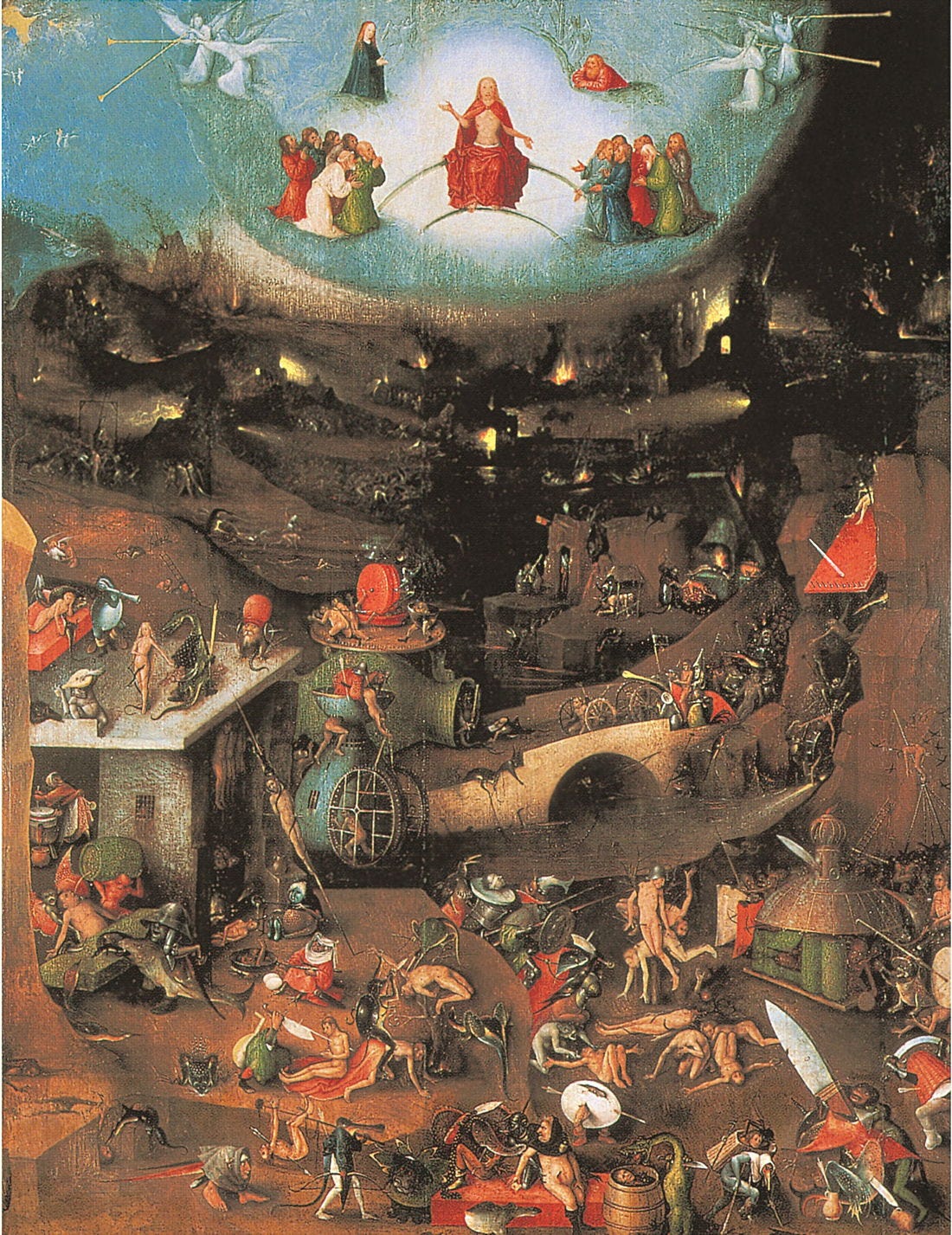Note: This article was contributed by an external writer. The opinions expressed herein are solely those of the author and do not necessarily reflect the views of Four Pillars.

Crypto doesn’t have a speed problem. It has a belief problem.
Everyone says they want faster infrastructure, but most no longer believe performance matters. DeFi hums along fine on Ethereum, Solana still delivers its dopamine hits, and Hyperliquid keeps doing Hyperliquid things. So maybe high performance is a dead category.
It isn’t. It’s the last one that still matters.
Writing off performance as solved, or irrelevant, is how innovation dies.

Source: The Allegory of Vanity, by Antonio de Pereda (1632–1636). When we think we’ve achieved enough, decay sets in
Crypto’s been chasing its YouTube moment for nearly a decade—the instant when technology stops iterating and starts transforming.
“One day,” they said, “someone will build the YouTube of crypto.”
YouTube didn’t win because someone wrote a whitepaper. It happened when broadband, Flash, and compression matured enough to make instant, global video possible.
Suddenly anyone could broadcast, and watch, the world. That felt like the birth of a new experience.
Crypto has been chasing that same convergence ever since.
At first, the YouTube dream lived in whitepapers, told in an almost science fiction tone. Then came AMMs, which felt like discovering SMS for the first time, followed by memecoins on sniper bots that felt like WhatsApp — chaotic, addictive, impossible to ignore.

Source: The Last Judgment, by Hieronymus Bosch (late 1400s). This is what “memecoins on sniper bots” would look like if Bosch painted crypto: failed angels, flying creatures, machines half-human, half-divine.
But the industry has stalled at mile 9,999.
Let’s be real. Despite all our successes (liquidity, legitimacy, and a sign of longevity), the fatigue among crypto-natives has kicked in. The most common complaint is that there’s nothing new in the industry anymore. Everything feels like financial over-engineering.
The missing piece, aka the last mile, is Real-Time infrastructure: a blockchain so fast, cheap, and seamless that the interactions themselves become the products.
That’s our YouTube moment.
Last mile technology is about mastering the touchpoint between technology and human life.

Source: The Creation of Adam, by Michelangelo (1508–1512). The final touch made it all magical.
It is the moment DoorDash rings your bell. The final leg of delivery, from the restaurant to your doorstep, is the hardest, costliest, and most delightful part of the system.
It is the ease of paying for groceries by scanning your face. Alipay made that possible, so smooth that swiping a card already feels outdated.
It is the joy of asking ChatGPT to summarize a paper or plan your weekend. Chatbots are the last mile of LLMs, turning abstract intelligence into something humans can use.
In crypto, last mile scalability means building the cluster of technologies that connect abstract infrastructure with human experience.
It means blockschains capable of billions of gas units, fees so low builders stop cutting corners, latency short enough that capital feels liquid, and UX so natural that “confirm” buttons vanish. That’s what real-time blockchain means: closing the gap between infrastructure and experience.
My cofounder Lei explained here in his usual elegant language.
Technology exists to unleash new productivity, in ways almost unintended by the original creation. YouTube, again, is a prime example.
Most people think of YouTube as the eureka moment for online video. But that was only the beginning. YouTube turned user-generated content, paired with algorithmic discovery, into a real business model. That model became the blueprint for Twitch, Instagram, and TikTok, each pushing the formula further.
Today, people do not just watch TikTok for fun. In fact, if you ask my family what they do most on Douyin, TikTok’s Chinese parent app, it’s shopping. My mother would watch a yoga video and then tap the link on the screen to buy those same yoga pants within seconds.
TikTok is the last mile for YouTube. It turned behavior into real economic activity (that is, from attention to shopping cart)
This is what real-time blockchains will do as well.
They transform price speculation from a static experience into something dynamic, social, and addictive mobile-first experience.
They turn DeFi from a convoluted money lego for whales to a simple savings account that anyone can use to generate healthy yield from a basket of global currencies
They turn memecoin trenching into a cult formation process
They can even turn the boring payments into “banking for zoomers” Every tap awakens a new market, and every new market represents a new opportunity to get more.

Source: The Garden of Earthly Delights, by Hieronymus Bosch (1490–1510). This is the Renaissance image of infinite TAM: a chaotic paradise overflowing with human activity — pleasure, trade, creation, experimentation
That’s where the next 100x in users comes from, not better ledgers, but better experiences.
Crypto’s stagnation isn’t technical—it’s psychological. Somewhere along the way, builders stopped believing that faster could still mean different.
But every major leap in technology begins with regaining that belief. Real-time blockchains aren’t just a performance upgrade; they’re a reminder that speed, properly used, is how revolutions start.
We’ve come 9,999 miles.
The final one, the real-time mile, is what makes the whole thing real.